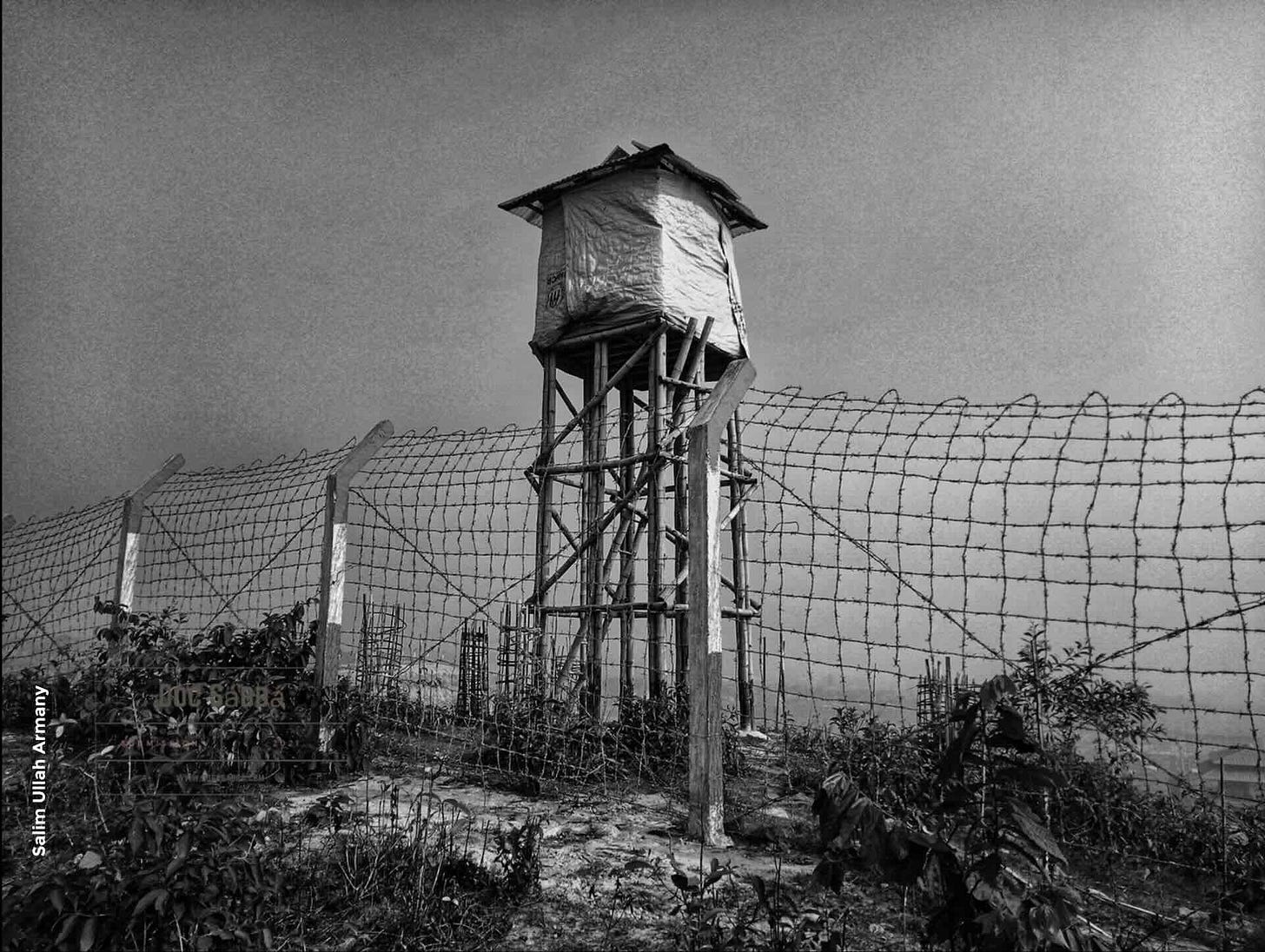Wasted Lives or How Bangladesh Manages the Rohingya
Refugee Containment as Strategy
Today, my latest essay - “How Bangladesh is exploiting the Rohingya refugee crisis” - was published in Himal Southasian.
Read it here: Himal Southasian
The piece is a direct challenge to the dominant view of Bangladesh as a humanitarian host. It argues, plainly, that the state’s Rohingya policy is not about protection or compassion. It is about containment, control, and leverage.
I draw on the idea of ‘surplus populations’, a concept developed by the sociologist Zygmunt Bauman, to show how the Rohingya have been shut out of citizenship, denied the right to work, and excluded from political recognition. Yet they are instrumentalised at every turn: for aid, for informal labour, and for geopolitical clout.
The key features of the surplus population framework:
Exclusion from formal citizenship and legal protections
Prohibition from formal work, but exploitation in informal economies
Securitisation and surveillance instead of rights or integration
Used as bargaining chips in aid negotiations and regional diplomacy
And what’s worse, this condition of exclusion is made permanent by the aid-industrial complex, where suffering becomes currency, and NGOs and donors compete to manage the crisis rather than resolve it.
If you’ve been following my posts or read Bauman’s Wasted Lives, you’ll know this isn’t just a Bangladeshi story. From the Mediterranean to the Myanmar border, refugees are contained - not welcomed, not integrated, but warehoused.
Let’s call it what it is: Bangladesh is not hosting the Rohingya. It is managing a crisis for profit and political capital.
Thank you for reading and sharing this work.

